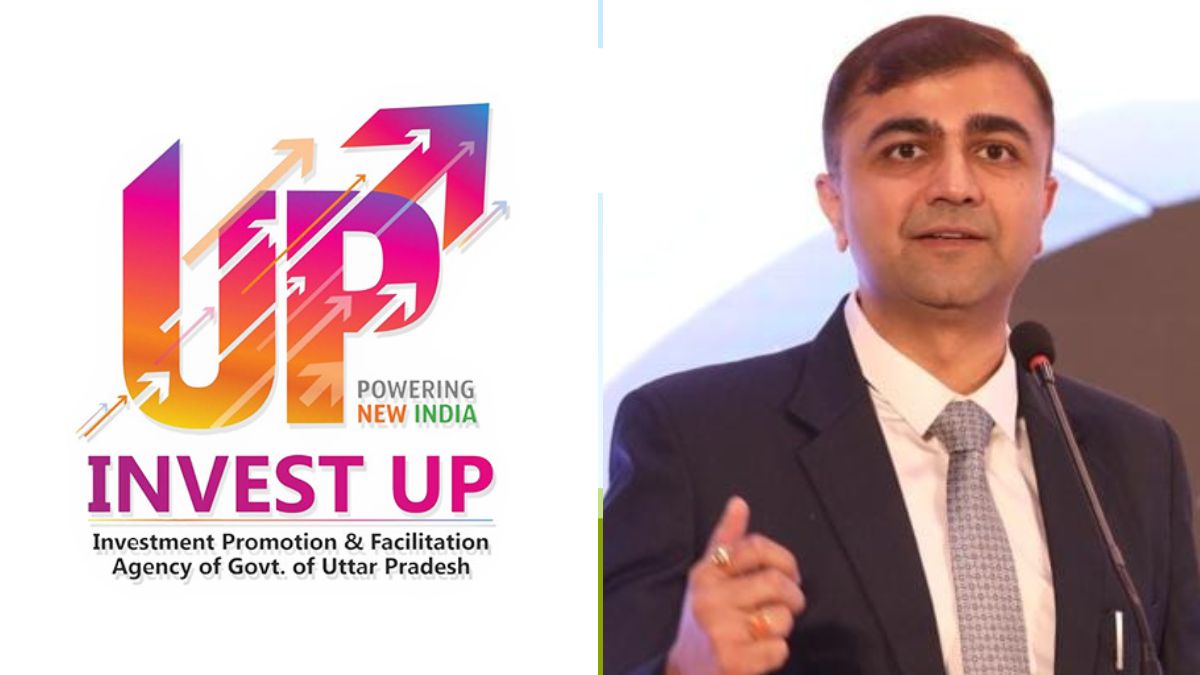Months after CEO suspension, Invest UP to be restructured: All you need to know

After major corruption charges led to the removal of its CEO, Invest UP will be restructured with specialist cells and satellite offices.
Earlier today, the state’s chief minister, Yogi Adityanath, chaired a meeting in which several important decisions to strengthen the state's industrial investment infrastructure were taken.
The most important of these was the restructuring of Invest UP with specialised cells for sectors such as textiles, automobiles and electric mobility, chemicals, electronics, and the service sector.
Satellite investment promotion offices will also be established in Mumbai, Bengaluru, Hyderabad, Chennai, and New Delhi, through which direct communication with domestic and global investors will be established to encourage investment in the state.
Transparency, efficiency, and a result-oriented approach will be the hallmark of the operations of these offices.
In March this year, Abhishek Prakash, the CEO of the body, was suspended after a complaint that he had—through an intermediary—asked for five per cent of the total cost of the project, as a cut.
ALSO READ | Why was Invest UP CEO Abhishek Prakash suspended from his post?
The restructured body will have satellite investment promotion offices in Mumbai, Bengaluru, Hyderabad, Chennai, and New Delhi.
The CM said that the aim was to develop Invest UP as an efficient, expertise-based, and investor-centric organisation.
The meeting also granted ex-post facto approval for 11 General Manager/Assistant General Manager positions. It was also decided to depute two Joint Chief Executive Officers (PCS cadre) and establish a Land Bank Cell, which will be staffed by two PCS officers.
This new framework will empower Invest UP as a single investment facilitation agency, enabling it to not only attract investments, but also actively monitor projects throughout their implementation. It is to be implemented with immediate effect and the scope of each cell be clearly defined, so that a coordinated and result-oriented system for investment promotion can be developed.
The meeting also looked over the industrial development in the state. Nearly 4,000 new factories were established in 2024-25, bringing the total number to nearly 27,000. By 2022-23, an average of 500 new units were being established annually—a figure that has now increased exponentially.
The meeting also reviewed investment promotion and facilitation systems. It was reported that account managers have been assigned to 814 Fortune 1000 companies. Fifty new MoUs have been signed so far, and discussions are underway with over 280 companies.
More engagement to provide investor units with land, subsidies, and trained human resources was also discussed.
Reviewing the ease of doing business, the CM said that industrial investment was not only about policy, but also now visible in ground-level delivery.
The state has been increasingly simplifying application, approval, and incentive processes through the Investment Mitra Portal 3.0. This will reduce processing time by 30 per cent and documentation formalities by 50 per cent.
Features such as single sign-on, dynamic application system, AI-based chatbot, third-party inspection, and digital monitoring are being incorporated into the portal, which will further streamline the investor experience.
Another important directive by the CM is that various departments are to set monthly targets and complete the process of issuing Letters of Comfort for approved projects in a timely manner.
He called for policy incentives to be distributed on time without any interruptions, and for industrial building bylaws to be made more practical and investor-friendly.
It was also stated in the meeting that active dialogue has been established with investors from Japan, South Korea, Germany, France, Russia, Taiwan, Singapore, and the Gulf countries through the Focus Country Desk.
The meeting was also informed that under the ‘China+1’ strategy, Uttar Pradesh is now becoming a preferred investment destination for multinational companies.
Currently, 219 companies are in the active investment process, including several leading companies from Japan, Korea, and Taiwan. The CM directed that these proposals be continuously monitored, and that all departments work in a coordinated manner to realise these opportunities.
Business